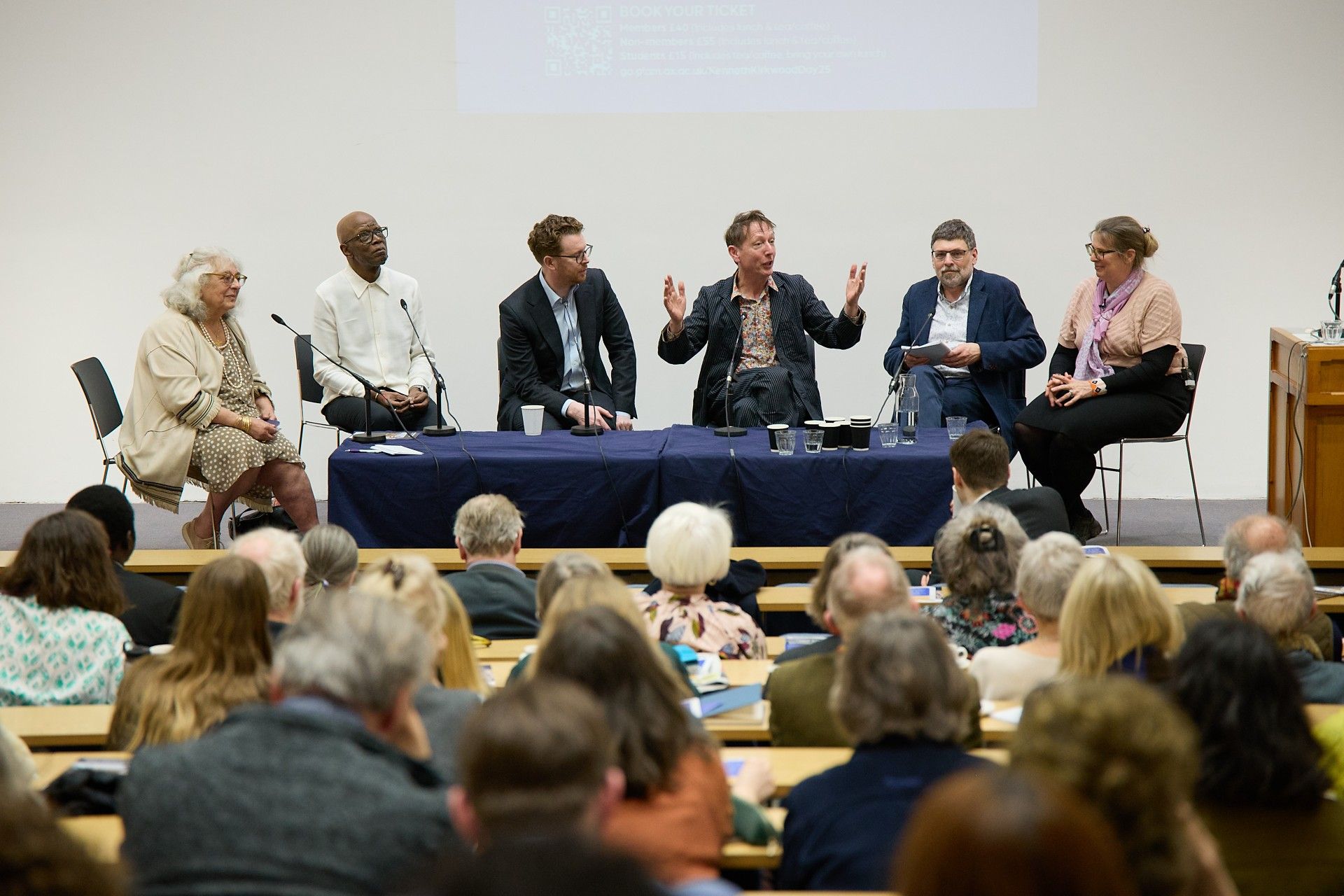Cultural Restitution
Christie’s is under a spotlight once again for attempting to sell four looted Greek and Roman antiquities in an online auction due to finish tomorrow. All four works have now been removed from sale.
The four antiquities were identified by Prof Christos Tsirogiannis, the same forensic archaeologist who alerted Christie’s to the tarnished history of a 1st cent A.D. Roman marble figure of Eros , centrepiece of an Antiquities sale held by Christie’s last December.
The Eros statue had passed through the hands of disgraced British antiquities dealer Robin Symes, who probably acquired it from two convicted Italian art traffickers, Giacomo Medici and Gianfranco Becchina. Tsirogiannis believes the Sicilian dealer Becchina is once again behind the illegal trafficking of the four objects offered in this latest Christie’s auction.
With official access to thousands of seized documents and images belonging to art traffickers provided to him during the early 2000s by Greek and Italian authorities, Tsirogiannis has been able to trace these four objects to Becchina’s archive of stolen antiquities.
Speaking to The Guardian , Tsirogiannis has said the Roman marble hare (Lot 49), dated to the 2nd-3rd century AD, was bought for 13,000 Italian lira from a looter called ‘Tullio’ in 1987. He’s also confident that a 2nd/3rd century AD bronze eagle (Lot 25) and an Attic red-figured amphora jar (pelike) dated to 430-420 BC (Lot 121) are also from the Becchina archive. A fourth item, an Attic black-figured band cup dated c.540-530 BC (Lot 113) resembles an image in the same archive and is likely to have been sourced from another convicted Italian trafficker in stolen antiquities, Raffaele Monticelli.
Tsirogiannis has an impressive track record tracking down looted artefacts, having identified over 1,000 stolen objects since 2007. He claims that Christie’s, along with other dealers and auction houses, are not doing enough research before putting items such as these up for sale. He insists sending images of these works to the Italian authorities would have revealed their history of trafficking.
Could this really work for all antiquities presented to auction houses for sale?
Given the growing number of antiquities passing through major global auction houses each year, the Italian authorities would be hard-stretched to keep pace with the volume. Which is why there’d be a greater chance of identifying looted artefacts if documentation now held by the authorities is made more widely available. In which case, there’d be no excuse if looted works were then offered for sale.
Meanwhile, there’s been alarming news of a steep rise in the number of illicit antiquities made available on the internet during the present coronavirus crisis.
ATHAR, the Antiquities Trafficking and Heritage Anthropology Research Project, which investigates and documents the trafficking of looted antiquities appearing online, has reported an uplift in the number of posts among Facebook groups that buy and sell looted antiquities. ATHAR’s team is currently monitoring more than 120 Facebook groups, mostly middlemen sharing information on sites in North Africa and the Middle East that have already been looted or are about to be looted. Looters are aware that archaeological sites are extremely vulnerable during a period of lock-down. They also know the internet provides them with a high level of anonymity for trafficking recently unearthed objects.
Acting on information provided by the BBC and ATHAR, Facebook removed 49 groups linked to the illicit antiquities trade last May.
The case for closer co-operation and sharing of information between police authorities, academics and the antiquities trade has never been greater.
Photo: Example of a 5th cent Attic red-figured Pelike (detail) in the National Archaeological Museum of Athens
Courtesy of Wikimedia Commons
More News
Subscribe
Receive free updates on recent restitution news
Join the Newsletter
We will get back to you as soon as possible
Please try again later
CREDITS
Frieze block from the Temple of Athena, The Acropolis Museum, Athens
Acropolis photos courtesy of Anna Oikonomou
–
Site Design by
beckon.
All Rights Reserved | Returning Heritage




